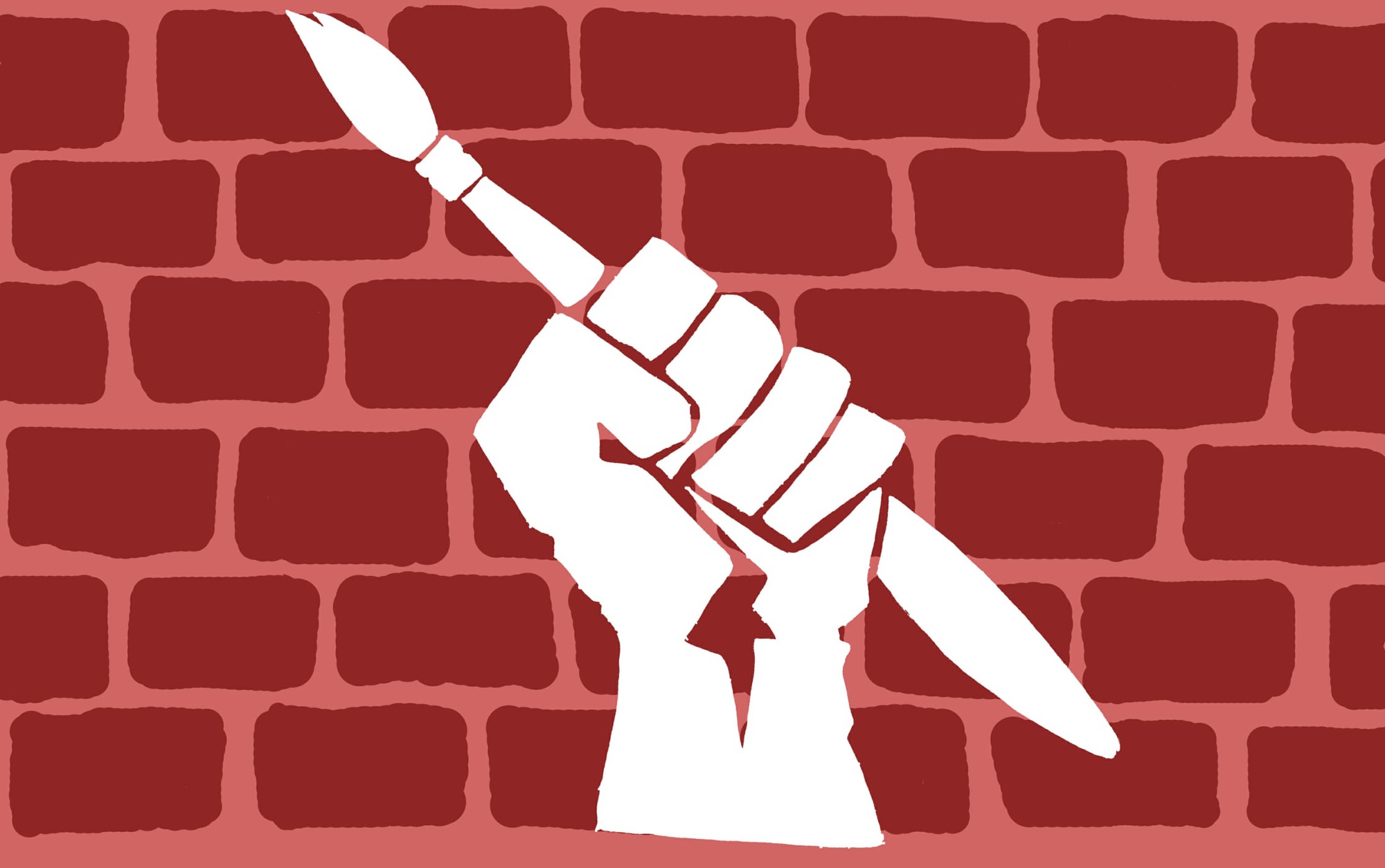
News
Summers Will Not Finish Semester of Teaching as Harvard Investigates Epstein Ties

News
Harvard College Students Report Favoring Divestment from Israel in HUA Survey

News
‘He Should Resign’: Harvard Undergrads Take Hard Line Against Summers Over Epstein Scandal

News
Harvard To Launch New Investigation Into Epstein’s Ties to Summers, Other University Affiliates

News
Harvard Students To Vote on Divestment From Israel in Inaugural HUA Election Survey
Seeking Political Relief: Comedy on Campus

Months after Trump’s win and inauguration—and the many overused jokes that accompanied them—student comedians on campus are still pushing themselves to produce original and meaningful political content. The relationship between comedy and politics is by no means new, but many students see comedy as an especially relevant outlet for coping with the current political climate. Harry T. Newman-Plotnick ’18 of the Harvard College Stand-up Comic Society believes that comedians are the best equipped to make even the most absurd of news understandable and digestible for the public. “Things are so outlandish now that ‘real news’ can’t handle it properly because it’s so out of their comfort zone,” he said.
But for some, with an influx of comedians capitalizing on the White House’s new administration, political jokes appear more as pandering antics than as products of deep thought and consideration. “You can just get laughs by saying, ‘Oh, Trump’s pretty dumb,’ but that’s just not a good joke,” said Joe B. Palana ’17, another student comedian from HCSUCS. These oversimplified jokes can also pose a risk to meaningful political dialogue. “If you’re making the really basic, dumb, obvious joke, like, ‘Isn’t this thing stupid? Let’s laugh at it,’ then you risk saying that you can’t even have a debate because they’re just stupid uniformly,” Palana said.
However, student comedians on campus are making conscious efforts to ensure they are bringing new and productive material to the table. According to Dan J. Kenny ’18, editor in chief of Satire V, Harvard’s undergraduate satirical news publication, this means club-wide debates before they take on any stance on current affairs and events happening directly on campus. Members of HCSUCS hold each other accountable by going over sets before shows, not withholding any criticism if they have heard a joke before.
Toni Chan ’18, the President of Satire V, sees this self-motivation as an extension of the experimental college spirit. “Because we’re at college and everyone’s experimenting with how they write, do stand-up, and create all the different comedic forms, you see people who are willing to go beyond the really easy jokes,” she says.
Some college comics also say that they presume to be speaking to a predominantly liberal audience, which presents its own set of opportunities and challenges. “I feel very confident making fun of the political state because I assume there’s not going to be a lot of backlash. So it’s pretty easy here,” Palana said.
But even despite the temptation to continuously poke fun at the Trump administration, comedy groups on campus strive to recognize the diversity of beliefs within their own clubs and not align themselves with one viewpoint. Kenny wants to give voice to a range of perspectives, but not mechanically so. “I don’t think of it as tit-for-tat, that because we make fun of conservatives, we then have to make fun of liberals,” Kenny said. “There’s always room to make fun of the people in power, no matter what ideology.”
The intersection of comedy and politics is evidently a shared passion among these student comedians, but they also recognize the shortcomings of their work. Tess Saperstein ’18, Producer of On Harvard Time, emphasizes that political jokes, no matter how insightful, that are unaccompanied by action risk being inconsequential. “I love to make fun of all of the really, really questionable things that are going on in the world today,” she said. “But I also need to be conscious that when you make a joke and just leave it there, you don’t actually accomplish anything. I don’t think it’s necessarily up to comedians to accomplish vast political change, but I do think that as a politically aware person myself, I feel a responsibility to do more.”
— Staff writer Kaylee S. Kim can be reached at kaylee.kim@thecrimson.com.
Want to keep up with breaking news? Subscribe to our email newsletter.
